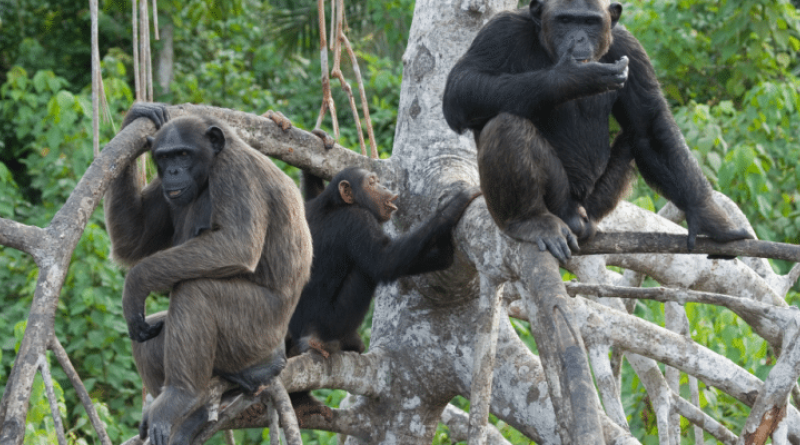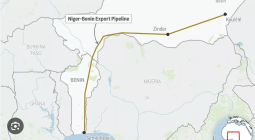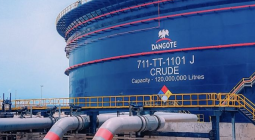Oil exploitation: is the fate of the Conkouati-Douli national park sealed?

At a time when the Congo wants to increase its fossil fuel production, a group of nature conservation NGOs is sounding the alarm about the situation in the Conkouati-Doulo national park. The Congo's largest biodiversity reserve is to be subject to oil drilling.
After the Murchison Falls national park in Uganda, it is now Conkouati-Douli’s turn to pay the price of oil drilling. At the beginning of 2024, the Congolese authorities decided to grant exploration permits for an oil deposit covering 26% of the surface area of this national park to the Société nationale des pétroles du Congo (SNPC) and Congo Holding United, a company majority-owned by China Oil Natural Gas Overseas Holding United.
This decision has provoked an outcry from environmental organisations such as Earth Insight and Greenpeace, who have joined 13 Congolese non-governmental organisations (NGOs) in “calling on donors to suspend funding for the conservation of the park until the oil and gas exploitation permit is cancelled”.
A controversial decision
The Congolese government signed a $50 million forest protection agreement with donors at COP28 in Dubai, United Arab Emirates. “The decision to authorise oil exploration in the Conkouati block is a direct threat to the tropical forests and biodiversity that the government of the Republic of Congo and the international community, donors and environmentalists have pledged to protect”, laments Stella Tchoukep, Forest Campaigner at Greenpeace Africa.
For this environmental campaigner, “by opening up the Conkouati-Douli national park to extractive activities, key landscapes risk being degraded and fragmented, jeopardising the ecosystem services they provide and the local livelihoods that depend on them”. Home to coastal, marine and forest ecosystems covering 5,000 km2, the Conkouati-Douli National Park is a veritable refuge for biodiversity in the Congo Basin.
The risk for local populations
The park, created by presidential decree in 1999, includes a Ramsar site (a wetland of international importance under the Ramsar Convention), and is home to threatened wildlife species including the western lowland gorilla, the chimpanzee, the leatherback turtle and the forest elephant. In addition, the Conkouati oil block covers a residential area of at least 7,000 people who are expected to suffer environmental impacts from the pumping of crude oil within the park.
Conkouati-Douli has been co-managed since April 2021 by the French NGO Parcs de Noé and the Congolese government, which signed a co-management agreement in previous years with the American Wildlife Conservation Society (WCS). The preservation of the park’s biodiversity is supported by the European Union (EU) and the French Development Agency (AFD).





